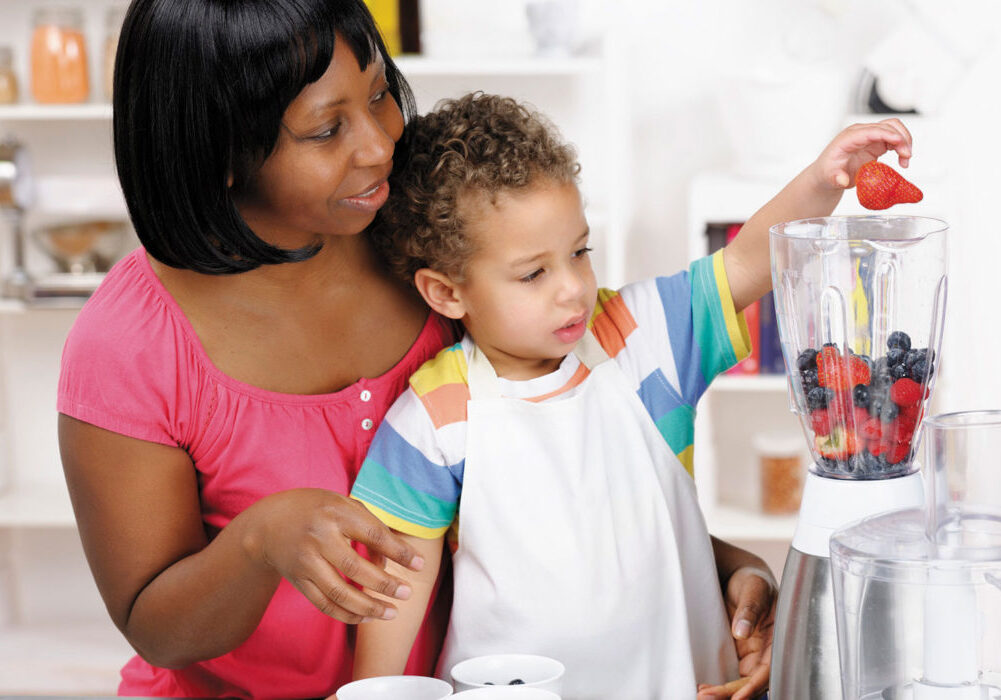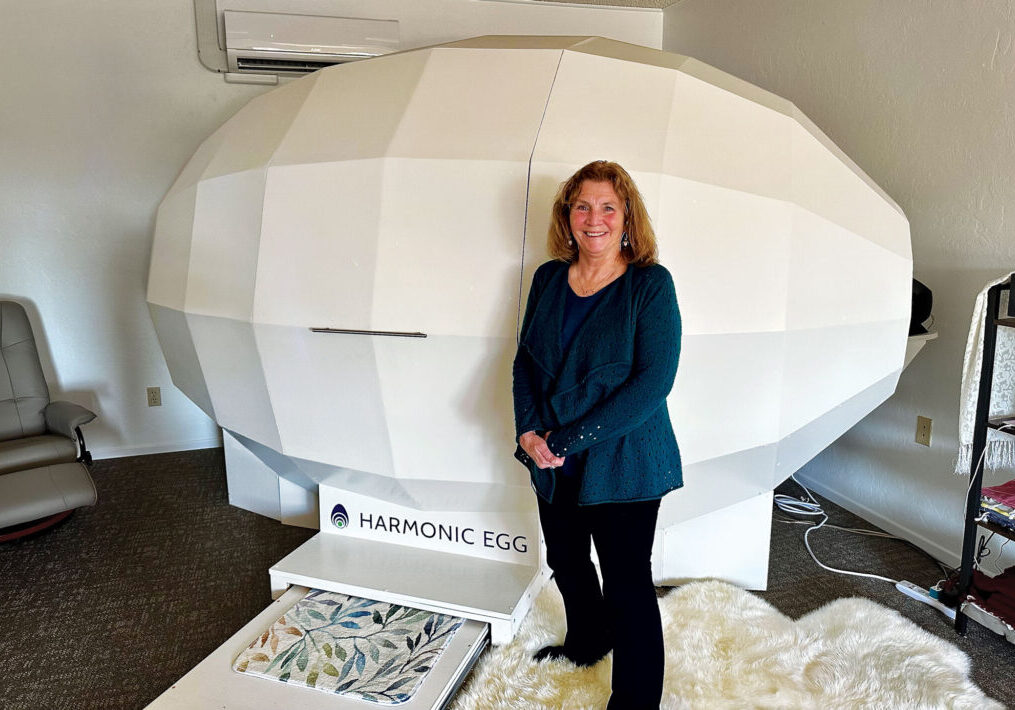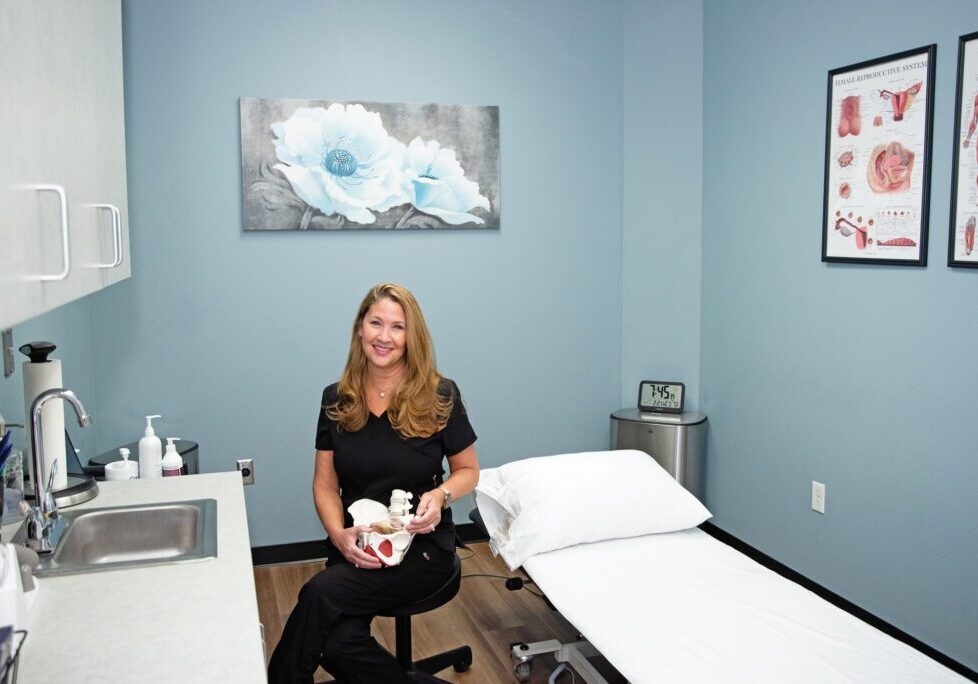 There are many exciting, and even exhausting, aspects of pregnancy, birth and postnatal care you can expect when expecting. Eating healthy and for two during pregnancy. Setting up the nursery. Preparing for a good birth. Bringing baby home. Learning “the womanly art of breastfeeding” (llli.org). Becoming a family. Education, expectations and empowerment are aspects of welcoming a newborn that can ease the transitions that take place in your body, in your home and your life.
There are many exciting, and even exhausting, aspects of pregnancy, birth and postnatal care you can expect when expecting. Eating healthy and for two during pregnancy. Setting up the nursery. Preparing for a good birth. Bringing baby home. Learning “the womanly art of breastfeeding” (llli.org). Becoming a family. Education, expectations and empowerment are aspects of welcoming a newborn that can ease the transitions that take place in your body, in your home and your life.
Educating yourself about pregnancy, birth and perinatal care will have a positive effect on the expectations you develop. Adding awareness of postpartum depression (PPD), or postpartum mood disorder (PPMD) as it’s often referred to today, to your knowledge base is essential.
The tremendous life change of having a baby brings an abundance of joy and feelings of accomplishment; unfortunately, not all women experience this bliss. Instead, some women undergo an incapacitating emotional struggle that strips out the gratification and replaces it with a feeling of failure. PPMD descends without warning, lingers for weeks or months and plunges a new mother’s life into chaotic feelings of despair, regret and hopelessness. These complicated emotions can impact her ability to care properly for her baby.
Postpartum mood disorder affects between 10% and 20% of women in America. Not all families educate themselves about it nor do most expect it. It is highly treatable, but for quicker and more efficient results, it needs to be better understood.
One of the first things to understand about PPD/PPMD is risk factors. Those women who have experienced depression, suffer from OCD, or have been diagnosed as bipolar, are at the highest risk for developing a postpartum mood disorder. Being honest about these conditions with your physician and support team will be instrumental in recognizing early signs. Women who have had family members afflicted with PPD need to be vigilant in their own lives.
Although referred to as postpartum or postnatal, meaning the year-long period following childbirth, PPD/PPMD can also affect women during their pregnancy. Hormonal shifts and physical changes, as well as the emotional and mental adjustments that occur while the pregnant body transforms, can trigger the onset of a mood disorder.
Preventive measures taken during pregnancy have been proven to make a difference! Eating healthy, high-protein meals and walking every day are vitally important. Attending childbirth and childcare classes will equip a woman and her partner to understand birth and newborn care. Setting up a personal network of support before the baby arrives will help alleviate feelings of being overwhelmed or unprepared afterward.
Researching doulas, a birth coach and often a post-birth supporter, and deciding if that support is the right choice for you while educating yourself about both the midwife model and the OB model of childbirth, will build realistic expectations of the birth itself. Empowerment comes from feeling in control of this life-altering event, lessening the potential for a post-traumatic reaction to birth. Birth trauma can be a factor in a woman developing PPMD. Naomi Bjorgan, LM, CPM of Redding Midwifery Group (reddingmidwiferygroup.com/) implores, “Women should not have the day of welcoming their baby be the day they look back upon and say that was a terrible event.” She recommends two childbirth books in particular: Penny Simkin’s The Birth Partner (pennysimkin.com), and Birthing from Within by Pam England (birthingfromwithin.com).
Naomi urges women, “Talk to other women. Say to friends and family members, ‘Be really honest with me, what was it like when you came home, what was your postpartum recovery like?’ We need to let women share their birth stories, their postpartum recovery stories so that women will feel equipped.”
In the first days after childbirth, most women experience “the baby blues,” a day or two of weepiness and conflicted emotions. The hormonal shift from pregnancy to milk production is the cause and “baby blues” should not be confused with postpartum depression. Likewise, postpartum psychosis is a rare and serious mental illness emergency that should never be confused with postpartum depression.
During the early days, self-care is paramount. Naomi often tells her clients, “The size of the placenta is the size of the open wound inside your body. If you had that injury on the outside of your body, your self-care would be reflective of such a serious wounding.” Asking for help can feel like admitting to failure for some people but learning to recognize the need and to welcome help is an important part of self-care.
The year-long period following birth is termed postpartum. This period is the most recognized time for the darkness of PPD to engulf a new mother. Building a support system both inside and outside of your family is vital. Finding a community with others on the same new path is often cited as the single most important thing a woman can do to facilitate her satisfaction and enjoyment of motherhood. Use North State Parent magazine’s calendar section and Perinatal Support Resources guide (below) to find local mothering groups or La Leche League meetings.
A postpartum mood disorder can affect first-time mothers, their partners, experienced mothers, women who endure unexpected birth complications and sadly, those who have lost their child. If you feel you might be at risk for PPMD, be vigilant for the signs: apathy, irritability, lack of self-care, loss of interest in your baby or an overabundance of anxiety and fear for the baby and sadness. If you have concerns for yourself or a family member, you must consult a doctor and seek treatment.
PERINATAL SUPPORT RESOURCES
ALL AREAS
- North State Parent Birthing: Obstetricians, Midwives & Doulas
- North State Parent Going Places Calendar
- La Leche League
BUTTE COUNTY
- Apple Blossom Baby, Chico (530)345-1617 Circle Time several times per week and a Friday Playdate for children of all ages.
- Butte Baby Steps (530)538-8221 Support for expectant and new parents, 29 or younger, pregnant or parent of a child 3 months or younger.
- Enloe Mother & Baby Care Center Chico (530)332-7208 New baby planning, childbirth classes,and parenting workshops and support.
- First 5 Butte (530)538-5280 Free Kit for New Parents.
- Anne Junge happypushing.weebly.com Certified birth doula and childbirth education.
- La Leche League Mother-to-mother breastfeeding support, encouragement, information and education. Meetings for pregnant and new moms as well as couples, employed moms, and moms with toddlers.
- Mother Nurture Doula Collective (530)636-0348 Birth doulas providing physical, emotional and informational support to women and families during the first year after birth. Service areas: Chico, Paradise, Oroville and surrounding area.
- Mothers Strong Resources and text message support related to perinatal mood and anxiety disorders.Text “moms” to 898211
- Mothers Well (530)345-1600 x21050 Counseling program for women with perinatal mood and anxiety disorders.
- Butte County WIC (Women, Infants & Children) Chico 530-891-2767 Oroville 530-538-7455 Free healthy food, nutrition education, breastfeeding support for low-medium income; Pregnant women, new moms, babies and children to age 5.
GLENN COUNTY
- First 5 Glenn County (530)934-6885 Free Kit for New Parents
- Glenn County Public Health, Maternal Child & Adolescent Health (530)934-6855 Help locating a prenatal care provider.
- Glenn County WIC (Women, Infants & Children) (530)865-8791 Free healthy food, nutrition education, breastfeeding support for low-medium income; Pregnant women, new moms, babies and children to age 5.
SHASTA COUNTY
- Grace Doulas (530)224-9024 Small group childbirth classes, birth doula support.
- La Leche League Mother-to-mother breastfeeding support, encouragement, information and education.
- Mercy Medical Center, Redding, Maternity Services (844)505-1425 My Baby pregnancy app, Maternity Clinic for pregnancy care, Family Birth Center with childbirth education, nutritional counseling and labor and delivery facilities.
- North State Doula Program (303)845-0630 facebook.com/northstatedoulaprogram Doula labor, postpartum, and breastfeeding support. Childbirth and newborn education. Service area: Mercy Medical Center, Redding.
- Redding Midwifery Group (530)768-5051 Pregnancy, labor, birth, postpartum, newborn care, and well-women care.
- Shasta County WIC (Women, Infants & Children) (530)225-5168 Free healthy food, nutrition education, breastfeeding support for low-medium income; Pregnant women, new moms, babies and children to age 5.
- Shasta Mom’s Circle (WIC Breastfeeding Support) (530)229-8446 Monthly, child-friendly group parenting/breastfeeding discussion with a WIC Breastfeeding Peer Counselor.
SISKIYOU COUNTY
- Fairchild Medical Center (Yreka) (530)842-4121 Childbirth education and labor and delivery facilities.
- Family Nursing Circle (831)234-4794 Free community gathering and breastfeeding discussion with certified lactation counselor; child-friendly. Thursdays, 10 am – 12 pm at Shasta Midwives Birthday Center, Mt. Shasta.
- First 5 Siskiyou (530)918-7222 first5siskiyou.org Free Kit for New Parents.
- Mercy Medical Center, Mt. Shasta, Family Birth Center (855)407-8792 My Baby pregnancy app, pregnancy care, childbirth education, and labor and delivery facilities.
- Shasta Midwives Birthing Center (530)918-5746 Pregnancy care, labor, postpartum, and doula services.
- Siskiyou County Family and Community Resource Centers (530)918-7222 Parenting education and support. Service areas: Dunsmuir, Happy Camp, Montague, Mt. Shasta, Scott Valley, Weed, and Yreka.
- Welcome Home Baby (530)926-7637 Free infant/parent support at home; includes newborn care, feeding & nutrition, addressing postpartum depression, and spouse/parent/family transitions to support new baby.
TEHAMA COUNTY
- First 5 Tehama (530)528-1395 Free Kit for New Parents.
- Grace Doulas (Red Bluff) (530)224-9024 Small group childbirth classes, birth doulas.
- Anne Junge happypushing.weebly.com Certified birth doula and childbirth education.
- La Leche League Mother-to-mother breastfeeding support, encouragement, information and education.
- Little Feet at Play (at Vitality, Red Bluff) Grown-up and Me classes with songs, movement, play, and story; ideal for children ages 0-2.
- North State Doula Program (303)845-0630 facebook.com/northstatedoulaprogram Doula labor, postpartum, and breastfeeding support. Childbirth and newborn education. Service area: St. Elizabeth Community Hospital, Red Bluff.
- St. Elizabeth Community Hospital (Red Bluff) (530)529-8000 My Baby pregnancy app, labor and delivery facilities, birthing options including doctor, midwife, doula, traditional birth, and water tub for labor.
Posted in: Birth and Toddlers, Health & Nutrition
Comment Policy: All viewpoints are welcome, but comments should remain relevant. Personal attacks, profanity, and aggressive behavior are not allowed. No spam, advertising, or promoting of products/services. Please, only use your real name and limit the amount of links submitted in your comment.
You Might Also Like...

A Smoothie Helps Kids Get Fruits & Veggies in the Belly
SMOOTHIES A Fast, Delicious Way to Help Kids Get Their Fruits & Veggies For picky kids* who turn up their noses at eating vegetables, using a juicer or blender to […]

La Leche League USA: Helping Parents Learn About Successful Breastfeeding
La Leche League USA (lllusa.org) is an important part of the international La Leche League, which helps mothers all over the world as they navigate the journey of successful breastfeeding […]

Sacred Mountain Harmonics: Discover the Healing Power of the Harmonic Egg
Light, sound vibration and a resonance chamber merge to bring balance and healing to anyone’s body at Sacred Mountain Harmonics. Located in Mount Shasta and owned by Donna Bringenberg, this […]

Choosing the Best Exercise for Your Unique Pelvic Floor
I was approached by North State Parent Magazine regarding writing an informative piece about the pelvic floor. After 25 years working as a physical therapist in the field of pelvic […]



